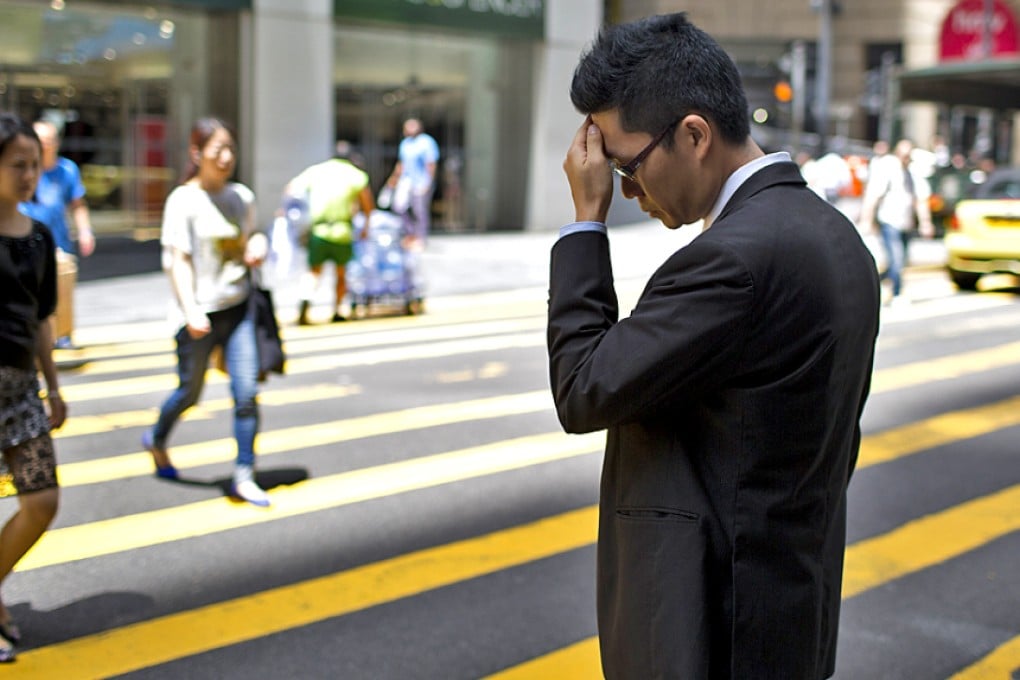What balance? Hong Kong survey shows most working people in city think work-life balance is getting worse
Survey finds that 62pc of employees perceive a deterioration; just 14pc are happier

Over 60 per cent of workers feel their work-life balance has worsened, according to a recent survey.
Community Business, a non-profit group advocating responsible business practices in Asia, commissioned the Public Opinion Programme at the University of Hong Kong to carry out phone interviews with over 1,000 employees to find out how they perceived their work-life balance.
READ MORE: Hongkongers have worst work-life balance in Asia-Pacific as 77pc take calls on holiday: survey
The results showed 62 per cent felt it had worsened in the last 10 years.
Only 14 per cent thought it had improved, while about 20 per cent said there had been no change.
Overall, they said they were only about half way towards achieving their ideal work-life balance, regardless of whether they worked for the government or a local, mainland or international company.
Fern Ngai, CEO of Community Business, said employees' sentiments could be traced to the fallout from the 2008 global financial crisis and increased competition among companies.
"People working in banks are quite overworked. They are quite stressed out," said Ngai, who described her professional background as in banking.